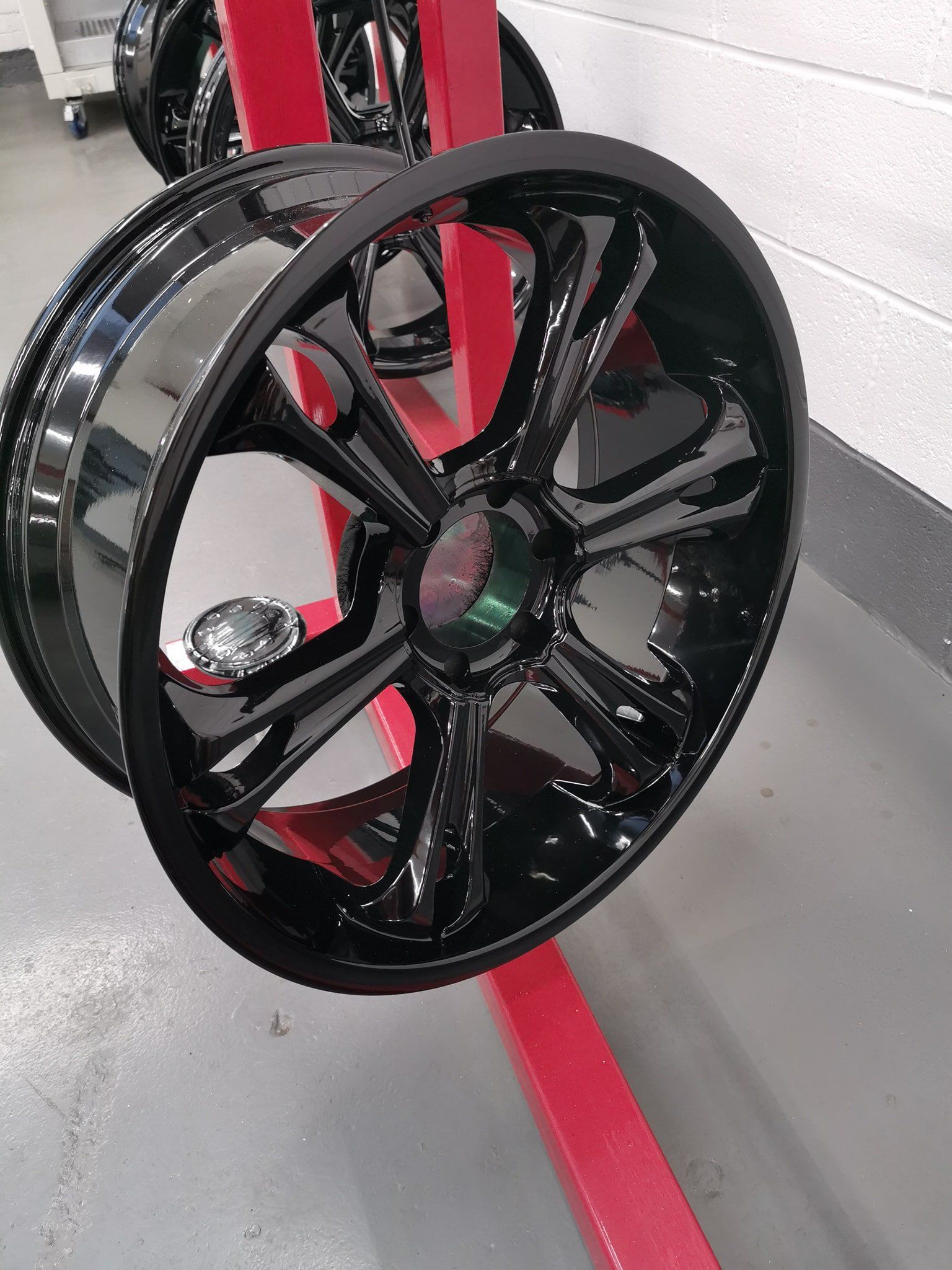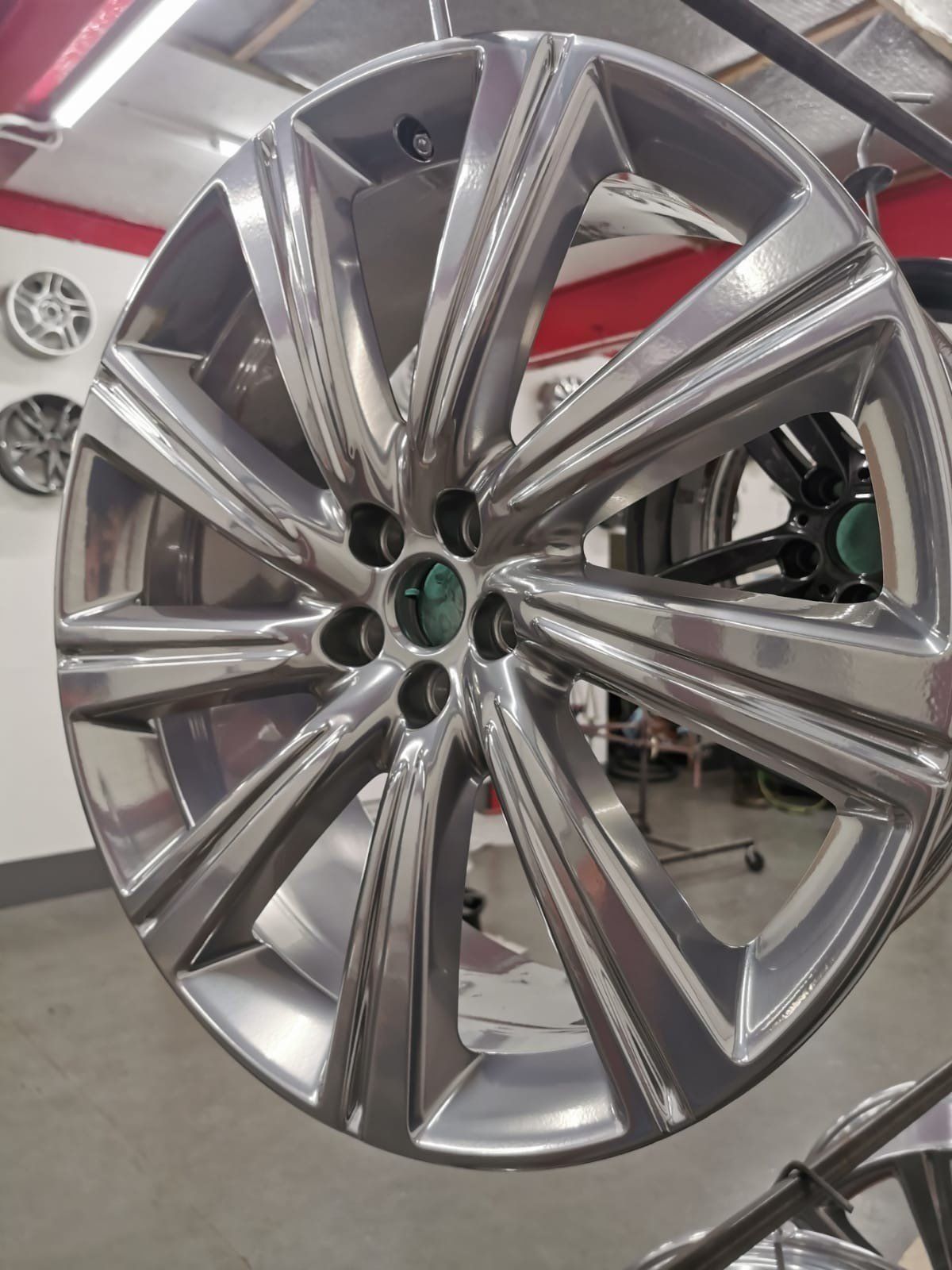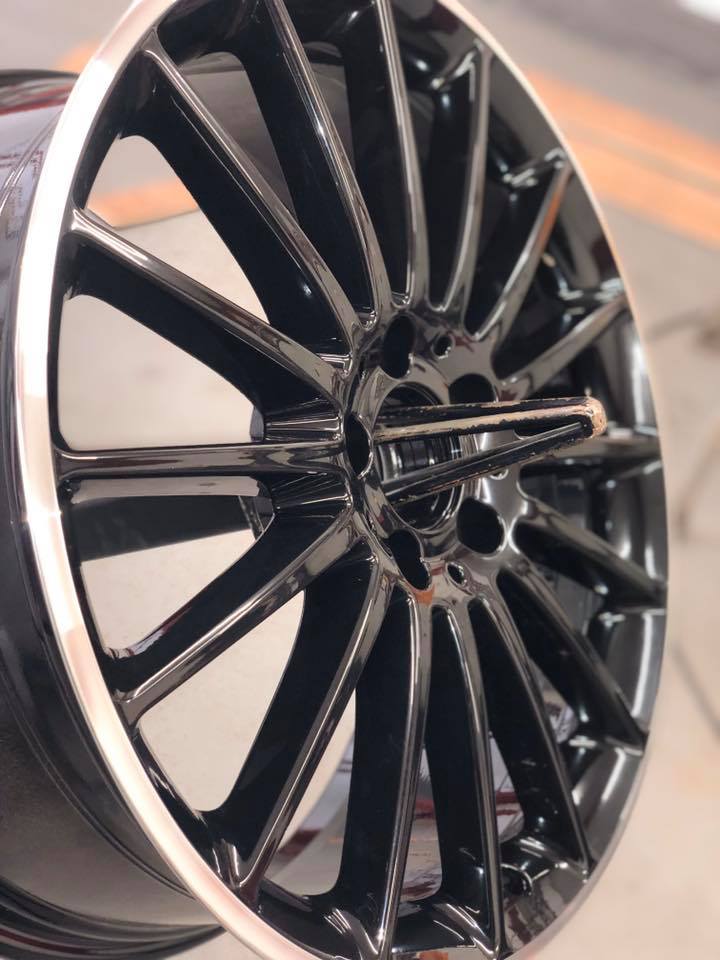Can winter salting damage my alloys?
Winter salting is a common practice on roads during colder months, aimed at preventing icy conditions and ensuring safer driving. While this method is effective in maintaining road safety, it can also have unintended consequences for your vehicle's alloys. In this article, we'll explore the potential harm winter salting can inflict on your alloys and discuss strategies to minimise the damage.
The Impact of Winter Salting on Alloys
Road salt, often composed of sodium chloride or other deicing chemicals, is spread on roadways to melt ice and prevent hazardous driving conditions. However, the chemical composition of salt can be harsh on your vehicle, particularly on alloy wheels. Alloys, typically made from a combination of metals like aluminium and magnesium, are susceptible to corrosion when exposed to salt and moisture.
The corrosive effects of salt can lead to oxidation, rusting, and pitting on alloy wheels. Over time, this damage can compromise the structural integrity of the alloys and diminish their aesthetic appeal. Additionally, the protective coatings on alloy wheels may break down due to prolonged exposure to salt, leaving the wheels vulnerable to further deterioration.
Reducing Damage from Winter Salting
Just like with most things that damage your tyres, there is little you can do to stop it occurring but you can certainly take the necessary precautions to ensure that your tyres are maintained and any damage or salt buildup is reduced quickly and in a prompt manner.
Regular Cleaning
Regularly cleaning your vehicle, especially the alloy wheels, is crucial during the winter months. Wash off salt residue and grime to prevent prolonged exposure. Use a gentle cleanser and a soft brush or sponge to avoid scratching the wheel's surface.
Protective Coating
Apply a protective coating or wax to your alloy wheels. This additional layer can act as a barrier, shielding the alloys from direct contact with salt and moisture. Reapply the protective coating periodically to ensure continuous defence against winter elements.
Wheel Arch Liners
Consider installing wheel arch liners, which act as protective barriers between the road and your wheel arches. These liners can help minimise the amount of salt and debris that comes into direct contact with your alloys.
Avoid Potholes and Rough Roads
Winter conditions can exacerbate road damage, including potholes. Avoid driving over potholes and rough roads whenever possible. A smooth driving experience reduces the likelihood of impacting your alloys and causing additional stress on the wheels.
Prompt Cleaning After Snowfall
If your area experiences heavy snowfall, make it a habit to clean your vehicle promptly after the snow has cleared. This prevents the accumulation of salt and snow on your alloys, reducing the risk of prolonged exposure.
Winter Tires
Consider using winter tires with a durable and corrosion-resistant alloy construction. These specialised tires are designed to withstand harsh winter conditions, including exposure to road salt.
While winter salting is a necessary measure for road safety, it's important to be aware of its potential impact on your alloys. By incorporating regular cleaning, protective coatings, wheel arch liners, and avoiding rough roads, you can significantly reduce the risk of damage to your alloy wheels. Being proactive in maintaining your vehicle during the winter months will not only preserve the aesthetics of your alloys but also contribute to the longevity of your entire vehicle. Remember, a little preventive care goes a long way in safeguarding your vehicle against the harsh effects of winter salting.
RS Wheel Refurbishment
LOCATION
Unit 39 Limestone Cottage Lane, Nutwood Trading Estate, Sheffield,
South Yorkshire, S6 1NJ
Copyright © 2024 All Rights Reserved RS Wheels
Privacy Policy
Website Designed by Up2speed Marketing Limited










